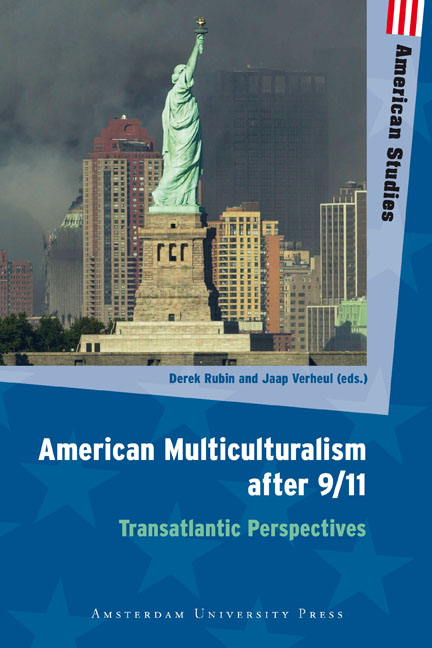“America under Attack”: Unity and Division after 9/11
Published online by Cambridge University Press: 21 January 2021
Summary
The calculated, meticulously planned and precisely executed attacks on the Twin Towers of the World Trade Center were horrific. Creating vast damage and deadly destruction through a heretofore unimaginable application of rationality, technology, and science, the attacks constituted a terrifying display of hubris, power, and control. The fact that the pilots had received their facilitatory training on American soil and had used American planes as their chosen weapons of mass destruction only exacerbated Americans’ feeling of profound humiliation. The shared feelings of deep vulnerability, rage, and grief which the events aroused could not help but unite the people affected by this monumental act of violence.
Understandably, the terrorist act was immediately identified as an attack on the nation as a whole. “America is under attack,” Andrew Card, then White House Chief of Staff, famously whispered in President Bush's ear after the second tower of the World Trade Center had been hit. The phrase was immediately picked up and used by CNN as their “breaking news” headline. The constant replaying of the attacks on television, to the accompaniment of the ominous headline, helped transform them into a highly symbolic public performance in which some 3,000 Americans had been cruelly forced to participate through their deaths. As a result, it was possible for every American to think of him- or herself as a potential victim, as well as a survivor.
One of the immediate ways in which this sense of American unity was expressed, in addition to acts of symbolic patriotism such as flag-waving and the manufacture of billboards, T-shirts, bumper stickers, and other items bearing the slogan “United We Stand,” was the spontaneous production of an unprecedented number of poems. These were left behind on public buildings, in shop windows, and at bus stops across the boroughs of New York City and on the Internet, which, in the words of Karen Alkalay-Gut, “became an extension of Ground Zero.” In her article “The Poetry of September 11: The Testimonial Imperative,” Alkalay-Gut notes how “almost every literary journal on the Web called for submissions to special issues devoted to September 11,” and did so in a “spirit of democratic inclusion.”
- Type
- Chapter
- Information
- American Multiculturalism after 9/11Transatlantic Perspectives, pp. 105 - 118Publisher: Amsterdam University PressPrint publication year: 2012



